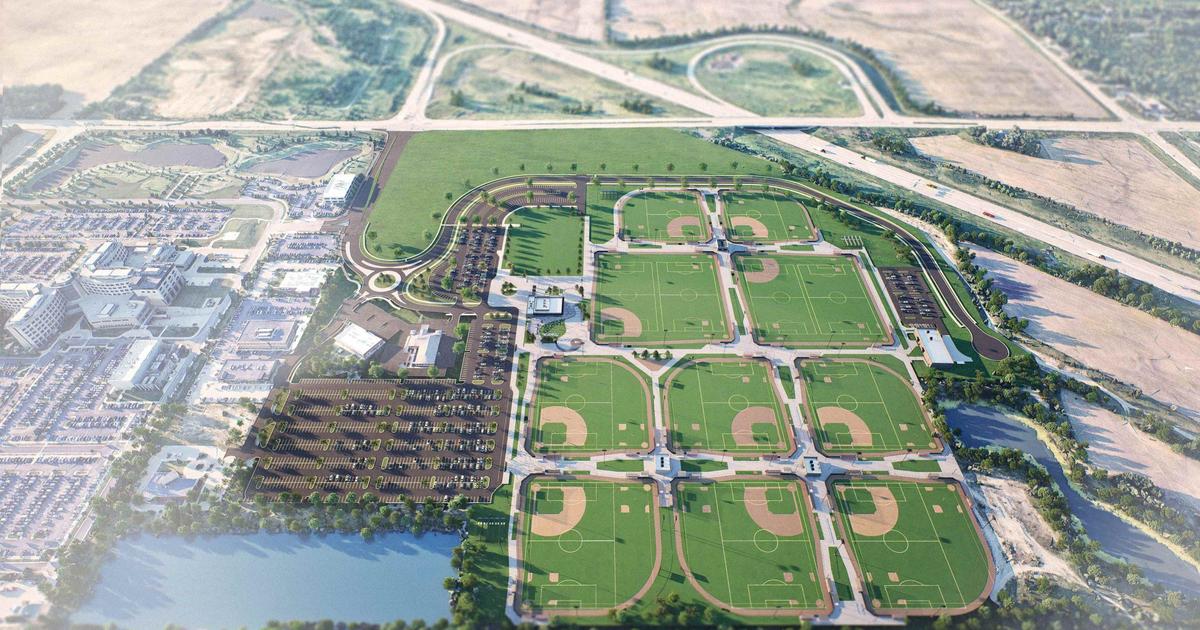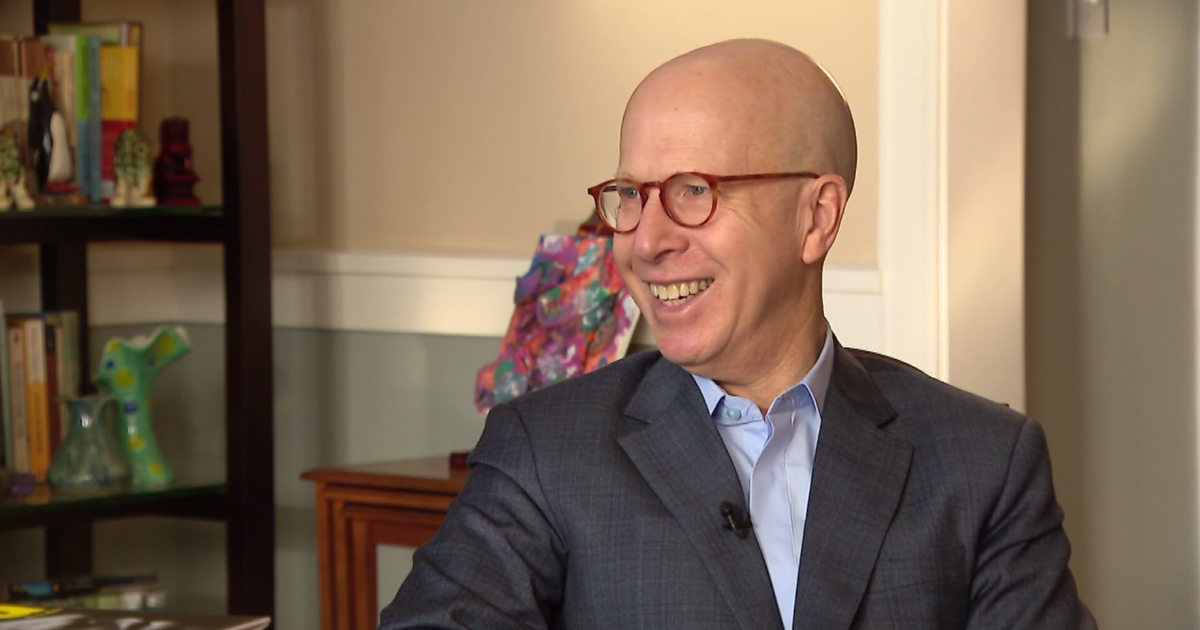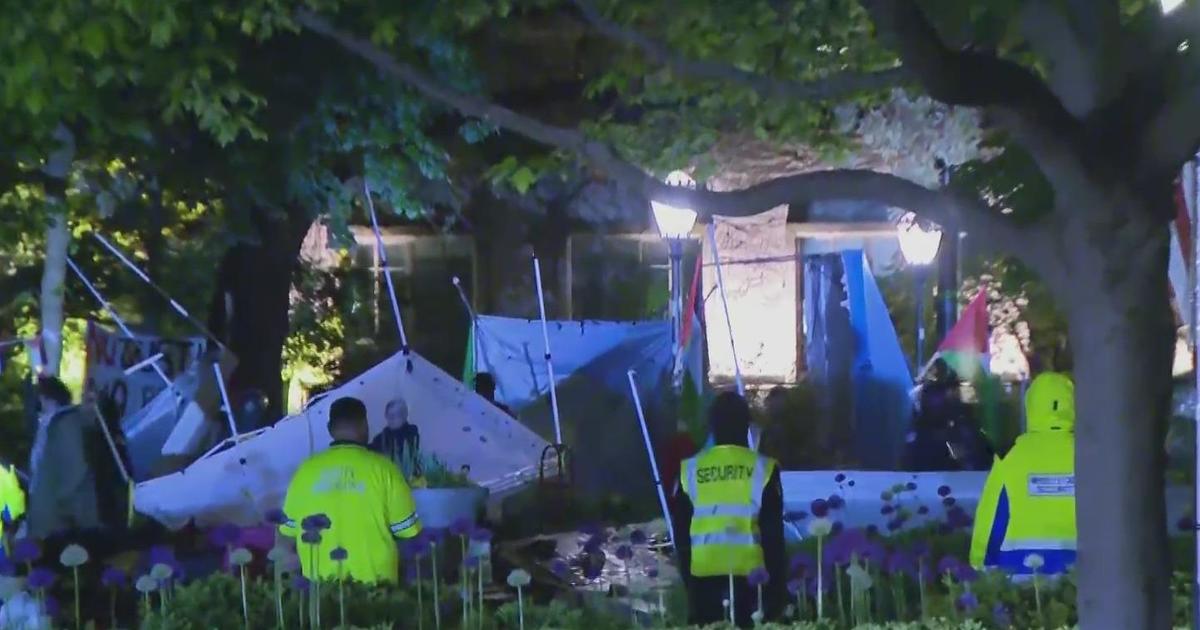New Northwestern University Study Shows Drawback Of Skipping Second Dose Of COVID-19 Vaccine, Says Recovering From COVID-19 Doesn't Guarantee Immunity
EVANSTON, Ill. (CBS) -- A new study from Northwestern University shows that skipping the second COVID-19 vaccination shot is a bad idea.
The study showed that two months after the second shot of a Pfizer or Moderna mRNA COVID-19 vaccine, the antibody response decreases by 20 percent in adults who have had COVID-19 previously.
The study emphasizes the need for getting a second dose – not only because immunity from vaccines wanes over time, but also because of the threat posed by the highly contagious delta variant of the novel coronavirus and other variants.
The study concluded that prior exposure to the SARS-CoV-2 virus that causes COVID-19 does not guarantee a high level of antibodies or a robust antibody response to a first vaccine dose – contradicting the assumption that contracting COVID will make someone naturally immune to reinfection.
A team of scientists – including biological anthropologist Thomas McDade and pharmacologist Alexis Demonbreun – tested blood samples from adults who had previously tested positive for COVID-19 to measure how long the immunity benefits of the Pfizer and Moderna vaccines last and how well they protect from newer variants.
Study participants were selected from a racially and ethnically diverse sample of Chicago area adults at the start of the pandemic.
The scientists tested for neutralizing antibodies after a second COVID-19 vaccination shot.
"When we tested blood samples from participants collected about three weeks after their second vaccine dose, the average level of inhibition was 98 percent, indicating a very high level of neutralizing antibodies," McDade, professor of anthropology in the Weinberg College of Arts and Sciences and a faculty fellow with the University's Institute for Policy Research, said in a news release.
But the scientists found that the level of inhibition was lower against the B.1.1.7 (Alpha), B1.1.1351 (Beta), and P.1 (Gamma) variants, ranging from 67 percent to 92 percent.
The study also indicated that antibody responses dropped by 20 percent after about two months, but antibody responses varied based on history of prior infection.
Those with confirmed, symptomatic cases of COVID-19 had a higher level of response than those with mild symptoms or who were asymptomatic.
"Many people, and many doctors, are assuming that any prior exposure to SARS-CoV-2 will confer immunity to re-infection. Based on this logic, some people with prior exposure don't think they need to get vaccinated. Or if they do get vaccinated, they think that they only need the first dose of the two-dose Pfizer/Moderna vaccines," McDade said in the release.
McDade said while the now-dominant delta variant had not yet emerged at the time of the study, similar results are expected.
Meanwhile, another recent study out of Israel concluded that the natural immune protection from a COVID-19 infection offers more protection against the delta variant than two doses of the Pfizer vaccine.



